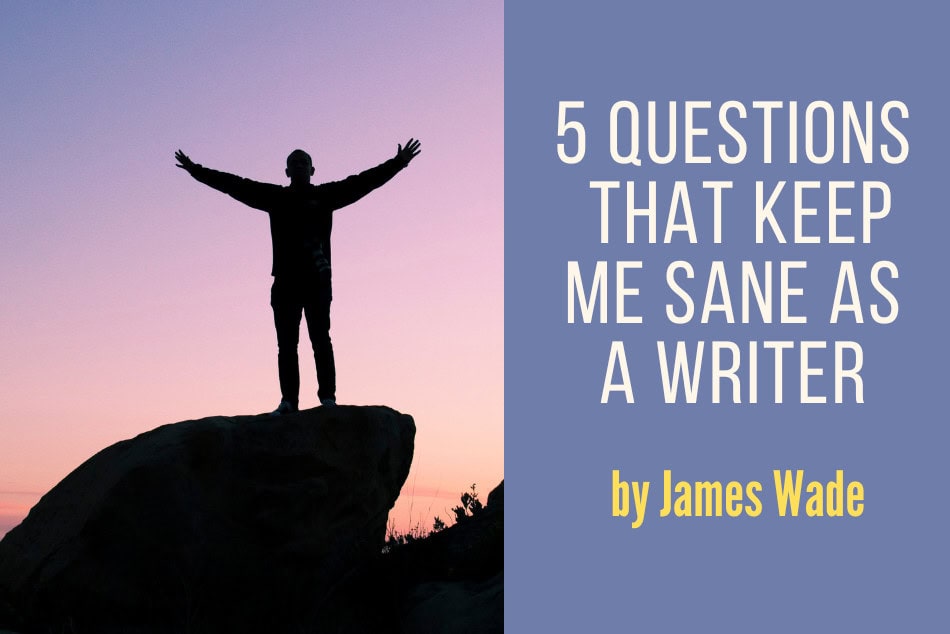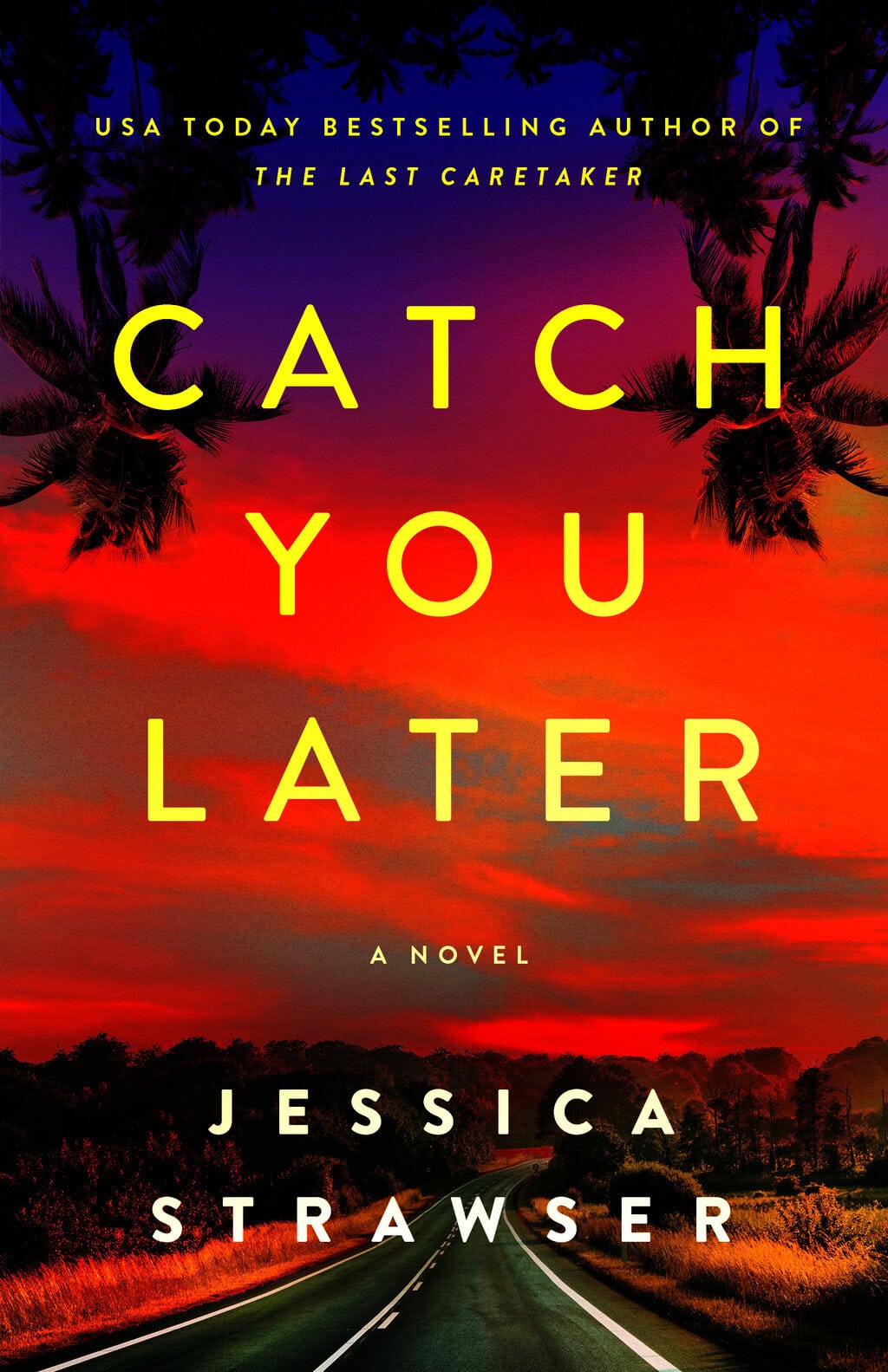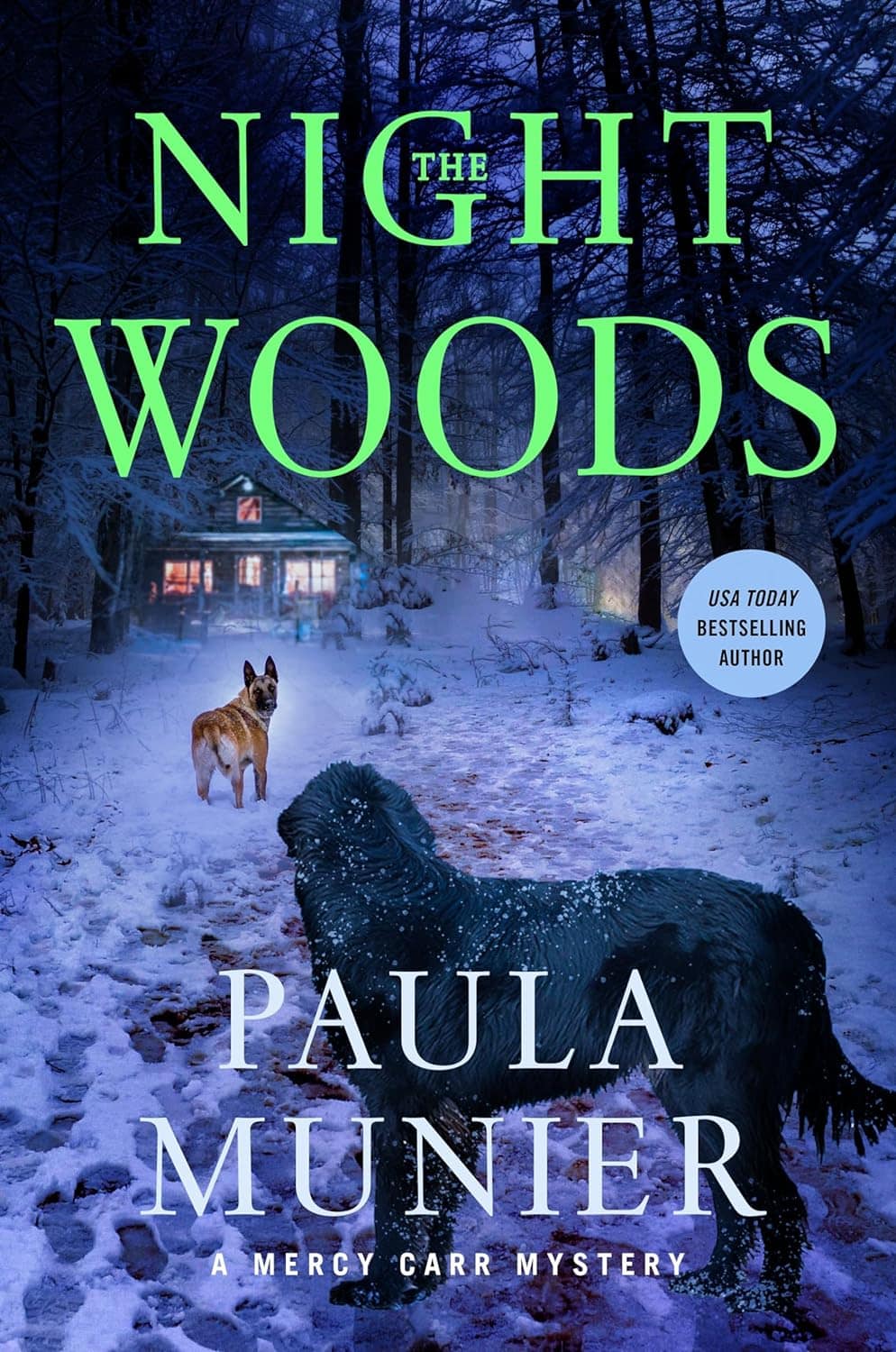For me, writing literary fiction is about asking questions, not claiming to know the answers. However, when it comes to a career in writing there are a few questions and answers that I remind myself of in order to stay grounded. From the outside, you might think the publishing industry is mysterious and volatile and unapproachable. Once you’re inside, you know it is all of those things. So, how can you navigate a career in writing while staying true to yourself? Here are some tips.
Who do I believe?
If an agent, an editor, a reviewer, or a critic, says you’re the best writer of your generation, the next coming of (insert overused literary comparison here), would you believe them? Your ego will probably say, absolutely, while your self-doubt says no way. But what if the script is flipped and someone says you’re an awful writer or your book is trash? My self-doubt is greater than my self-worth, so I’m inclined to believe the bad and ignore the good. I know a lot of writers who fall into this category. But when I’m being honest with myself, and quieting the pride, the ego, and the doubt, I know that the best answer is to not believe the good or the bad. They’re just opinions. Writing is and ever will be subjective. What is your favorite book? Go to Goodreads or Amazon or the review website of your choice. How many hundreds or thousands of people think the book was terrible? To Kill A Mockingbird has nearly 115K one-star reviews on Goodreads. The Great Gatsby is closer to 150K. As writers, that information shouldn’t discourage us, it should free us. The world has, historically, not been the most accurate critic. How many great novels or transcendent authors were poorly received upon publication, only to then go on and have near-immortal literary lives? Thoreau, Kafka, Melville, to name a few. Jack Kerouac once famously wrote to his agent, “why can’t they see I’m good?”
With all of these things considered, who can we trust to gauge the true measure of worth in our work? The terrifying answer is: only ourselves. The liberating answer is: only ourselves.
What can I control?
At this risk of sounding too much like a motivational speaker in a hotel conference room, “you can only control yourself.” Writing is a craft, and like any craft it takes study and practice and considerable effort. Your discipline when it comes to the craft of writing is independent of any outside factor. Some lamentations I hear from prospective and published authors alike: No agents are looking for the type of book I’m writing. Nobody reads anymore. The publisher isn’t paying enough attention to my book. My book isn’t selling. And so on and so forth until the feeling of helplessness inevitably sets in and ruins the creative spirit. But what does any of that have to do with sitting down and writing?
Of course there are things you can do to help yourself. As much as I have mixed feelings about social media, you can put some time and effort into the platform of your choice– connecting with readers and other authors. This can help with visibility, networking, and potentially sales.
You can visit independent bookstores and foster relationships with the booksellers and owners. You can make sure you’re at least attempting to be a good literary citizen (more on that later).
But whether these things move the needle for your writing career is still ultimately dependent on other people. You can drive or fly thousands of miles, visit hundreds of bookstores, and spend countless dollars on advertising and publicity– in the end, sometimes books succeed and sometimes they don’t. And so I ask again, what does that have to do with sitting down and writing?
Whether you’re Stephen King or Unpublished Paul, the only thing you can truly control is putting your ass in the chair and getting to work.
Am I being a good literary citizen?
Do I promote other authors– whether it’s by sharing their books on social media, buying and reviewing books, or showing up to their events? Is there a local library, reading program, or literacy initiative I volunteer at? Do I give advice freely to other authors when they ask? Do I say ‘yes’ when asked to write blurbs, to appear on podcasts, to create a listicle for careerauthors.com? If any of these answers is ‘no,’ then there’s probably more you can be doing. This is a tough one, because you have to protect your writing time (and family time, and self-care time, etc.) but finding ways to be a good literary citizen should be somewhere near the top of your priority list as well.
Am I an imposter?
Yes. Absolutely. Of course you are.
Imposter syndrome is a right-of-passage for any artist/creative-type. And rather than fighting against the current and trying to convince ourselves of our own validity, this is an opportunity to embrace the subjectivity of what we do, and to accept that every writer who has put pen to paper is also an imposter. We’re all trying to live up to whatever impossible standards we have in our head for the “perfect novel.” But it will never be perfect. The perfect novel does not exist. So we will always be imposters. Tom Hanks was once asked if he is more comfortable on movie sets now that he is one of the biggest stars in the world. His response was that he still believes at the beginning of every film shoot that this will be the one that exposes him as a fraud, and that everyone will find out he doesn’t know what he’s doing. See? We’re all imposters. Hurray for us!
Why Do I Write?
This is, for obvious reasons, the most important question. Finding your why and clinging to it will take you further than anything else. There is a reason you began writing. It is unlikely that the reason was fame or fortune– if it was, you should’ve taken voice lessons and learned guitar. Whether your reason is that writing is therapeutic, or that you love the power of language, or that you revel in the melody of the perfectly structured sentence, or that books have had the single-most impact on your life and you want to contribute to the everlasting corpus of literature, or that telling their stories is the only way to quiet the voices in your head– there are no wrong answers. But find your answer, and preserve it. Keep it safe and keep it far from the trials and tribulations that arise during a career. Do that, and you have a lifetime of writing to look forward to.
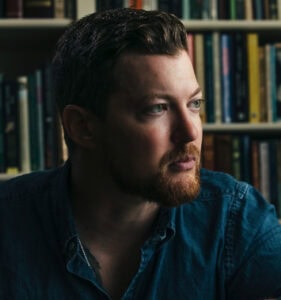 James Wade is the award-winning author of Beasts of the Earth, All Things Left Wild, and River, Sing Out. He is the youngest novelist to win two Spur Awards from the Western Writers of America, and the recipient of the MPIBA’s prestigious Reading the West Award. James’s work has
James Wade is the award-winning author of Beasts of the Earth, All Things Left Wild, and River, Sing Out. He is the youngest novelist to win two Spur Awards from the Western Writers of America, and the recipient of the MPIBA’s prestigious Reading the West Award. James’s work has 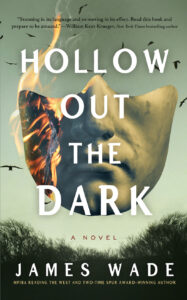 appeared in Southern Literary Magazine, the Bitter Oleander, Writers’ Digest, and numerous additional publications. James lives and writes in the Texas Hill Country with his wife and children.
appeared in Southern Literary Magazine, the Bitter Oleander, Writers’ Digest, and numerous additional publications. James lives and writes in the Texas Hill Country with his wife and children.

